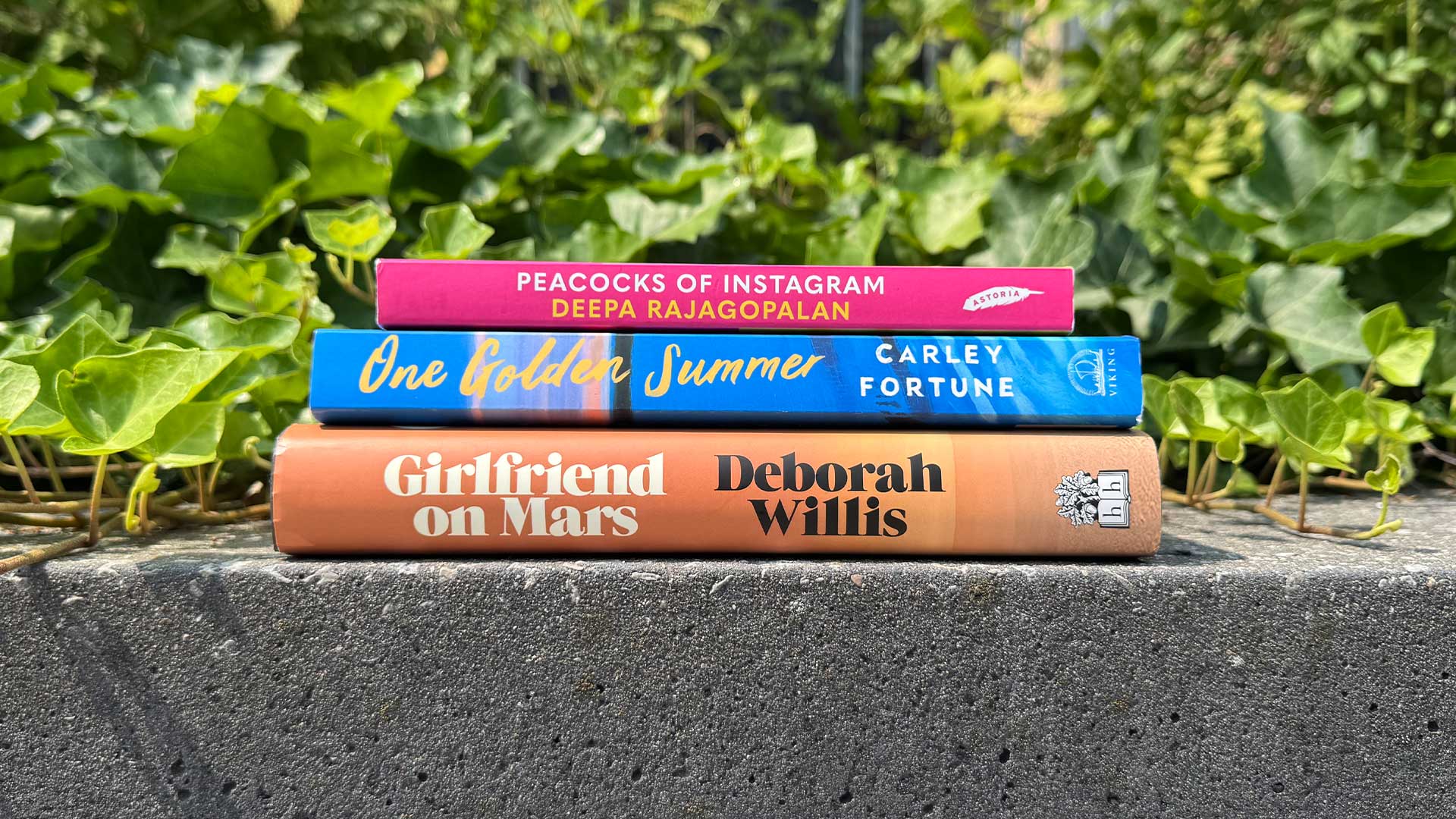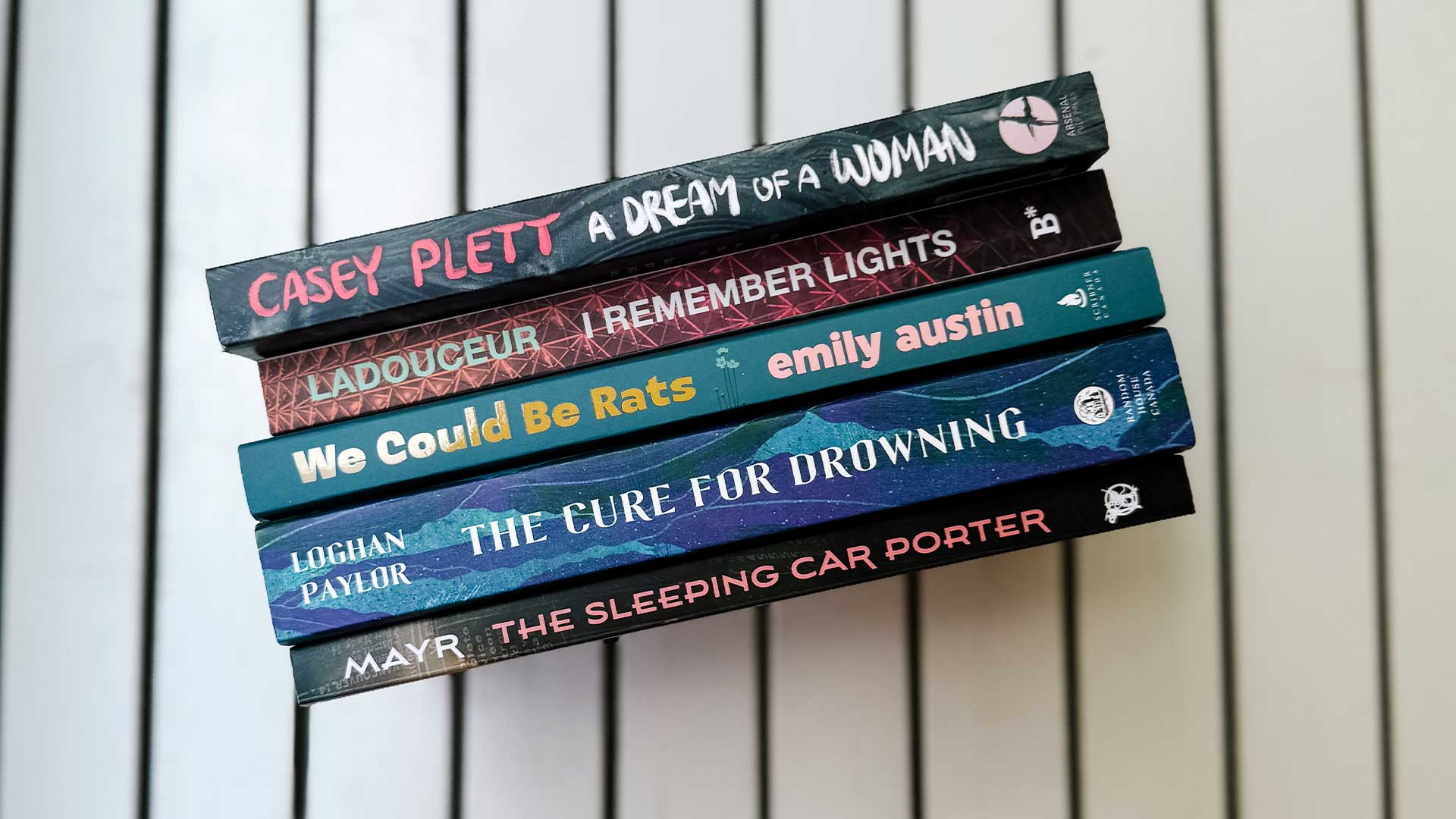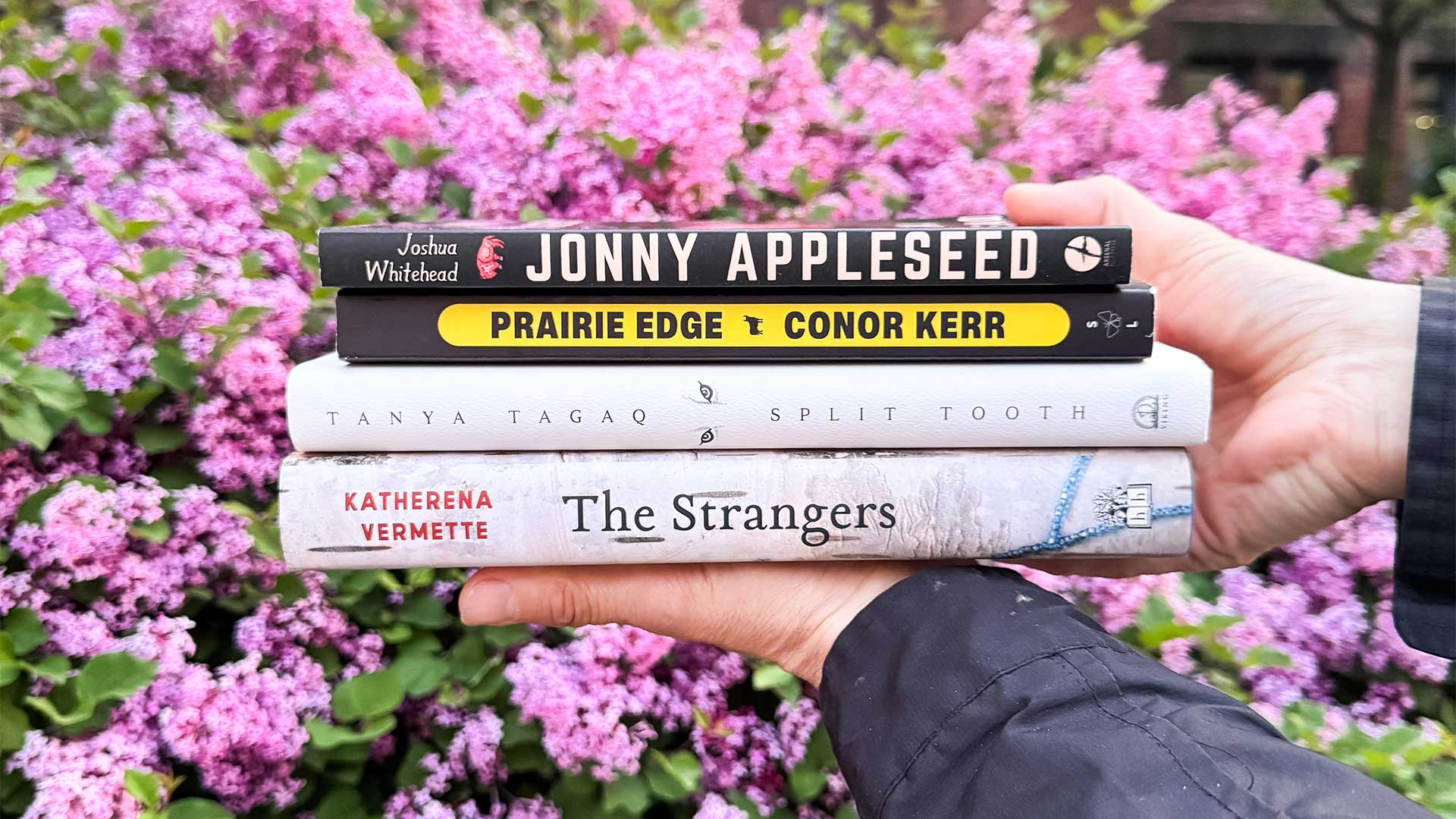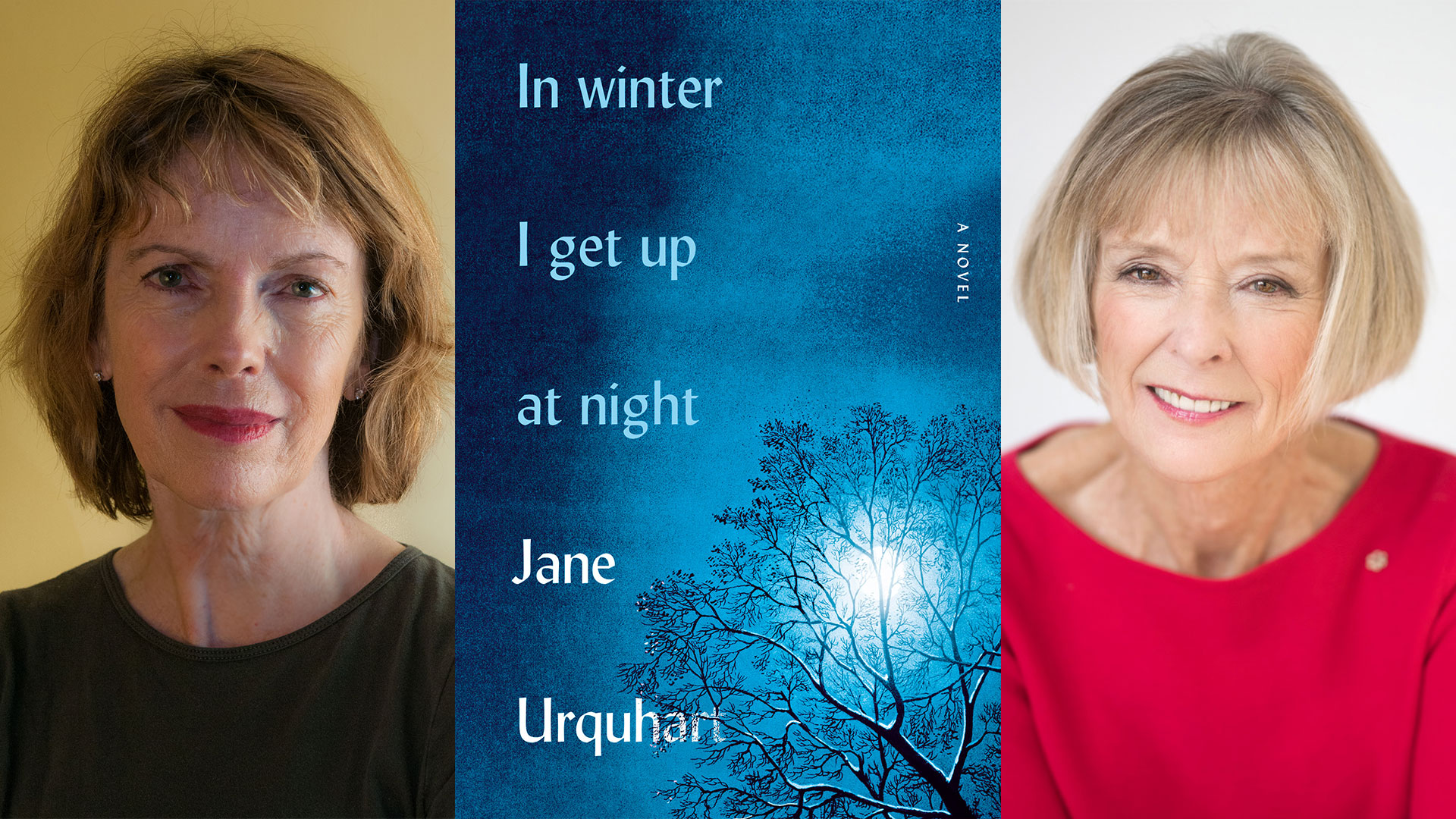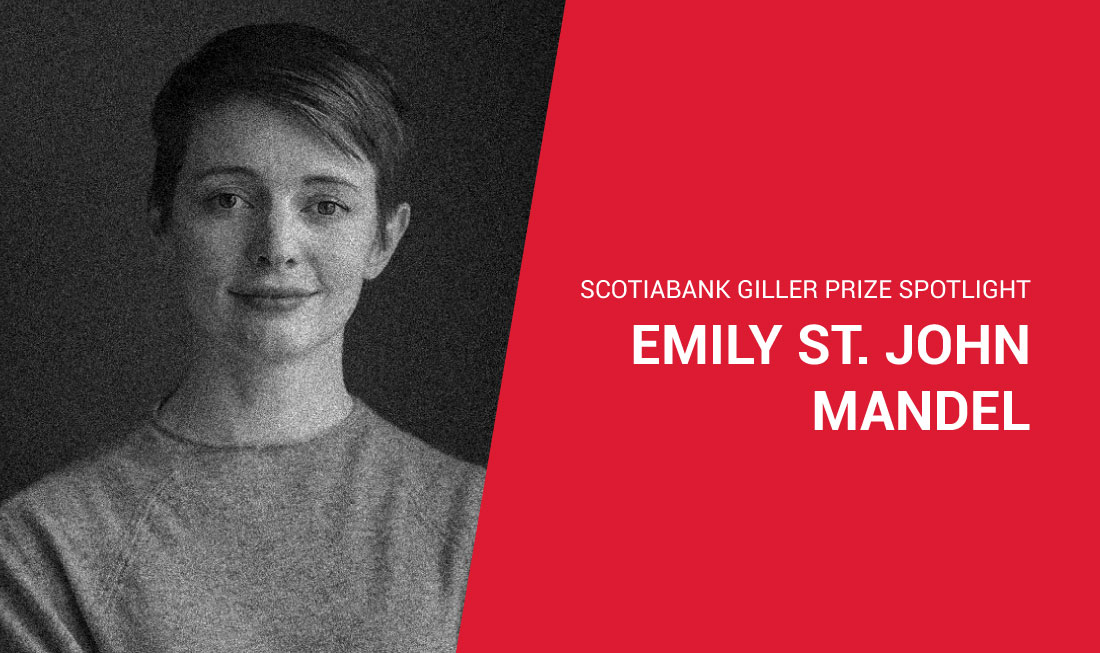
Scotiabank Giller Prize Spotlight: Emily St. John Mandel
Scotiabank Giller Prize Spotlight: Emily St. John Mandel
September 25, 2020
Emily St. John Mandel’s novel, The Glass Hotel has been longlisted for the 2020 Scotiabank Giller Prize.
She is the author of four novels, most recently Station Eleven, which was a finalist for a National Book Award and the PEN/Faulkner Award; won the 2015 Arthur C. Clarke Award, the Toronto Book Award and the Morning News Tournament of Books; and has been translated into thirty-one languages. A previous novel, The Singer’s Gun, was the 2014 winner of the Prix Mystère de la Critique in France. Her short fiction and essays have been anthologized in numerous collections, including The Best American Mystery Stories 2013. She is a staff writer for The Millions. She lives in New York City with her husband and daughter.
What/who inspires you to write?
I’ve just always loved to write. I was homeschooled as a kid, and when I was eight or so, one of the requirements of the curriculum was that I had to write something every day. So writing has been a part of my life since childhood. Also as a strictly practical matter, writing is how I pay my bills. Nothing inspires you to finish your book quite like a mortgage.
Do you have a favourite passage/quote from a book?
For years and years, a decade or longer, I wrote the following passage from Lewis Carroll’s Through The Looking Glass on the first page of every one of my journals:
“If everyone minded their own business,” said the Duchess in a hoarse growl, “the world would go round a deal faster than it does.”
Where is your favourite place to write?
This is an extremely boring answer, but my favourite place to write is my home office. It may be my favourite room in the world.
Is there an activity you do to help inspire your writing?
I find that reading fiction really helps with my own writing. Often I’ll be reading someone else’s book, and I’ll suddenly think of something I should do differently in the book I’m currently writing. Generally the book I’m reading will bear absolutely no resemblance to the book I’m working on; there’s just something in the act of reading fiction, for me, that makes it easier to write.
Do you have a tradition for every time you finish a book?
No. The finish line is so ambiguous. It’s not finished when I have a beginning, middle, and end, because that’s only the first draft; it’s not finished when I’ve done a dozen rounds of revision and sent the book to my agent, because she’ll have revision notes and my editors haven’t even seen it yet; it’s not finished after my editorial revisions because the copyeditor still has to get to it; etc.
What are you reading now?
I’m switching back and forth between two novels: Marguerite by Marina Kemp, and The Eighth Detective by Alex Pavesi.
What is your favorite CanLit book?
I love too many to pick one favourite, but I can tell you which one was most influential to me: I read Michael Ondaatje’s The English Patient when I was fourteen or fifteen, and it stayed with me forever. I think that before I read that book, I hadn’t realized that language itself could be beautiful.
What would your job be if you weren’t an author?
I think in a parallel universe I would have liked to be a master gardener. I spend a lot of time gardening and enjoy it immensely.
What is your favourite book from childhood?
Susan Cooper’s The Dark Is Rising series.
Is there a book that you find yourself reading over and over again?
No. I actually very rarely reread books. There are so many books I want to read, and so little time.
How did you know you wanted to be an author?
I used to be a dancer. I trained intensively in ballet when I was young, and studied contemporary dance at the School of Toronto Dance Theatre. When I was about twenty-one, I realized that I actually didn’t really enjoy dancing all that much anymore. I had a part-time job in a warehouse, which was fine but not something I wanted to do forever, and a mountain of student loan debt from my dance training, so going back to school never occurred to me. I’d always loved writing, so I decided to see if I could write a novel, and started writing what eventually became my first book.
What inspired you to write your Scotiabank Giller Prize-nominated book?
I was fascinated by a real-life white collar crime. Every character in The Glass Hotel is fictional, but the central crime in the book was based on Bernie Madoff’s Ponzi scheme, which collapsed in December 2008. About six or seven of his staffers went to prison, because if you’re a billionaire, you’re not going to sit there formatting those fake account statements all by yourself.
When Madoff was arrested, I had a day job as an administrative assistant in a cancer research lab at The Rockefeller University in New York City. I really liked my coworkers, and I found myself thinking of the camaraderie that exists among any group of people who work together. Now imagine how much more intense that camaraderie would be if you and your coworkers were all showing up at work every day to perpetuate a massive crime. It just makes for an insane work environment. So that was my starting point for the book, the idea of staffers committing a crime together in a very strange office.
What do you hope readers take away from your book?
The writer Edmund Wilson had a line that I love. He said, “No two readers ever read the same book,” and I believe that’s true. We all read books through the lens of our individual experiences and sensibilities, through the lens of what kind of day we’re having, how much coffee we’ve had, etc. So I think ten people could read The Glass Hotel and take away ten different ideas of what the message was supposed to be, and I’m fine with that. I feel that the relationship that a given reader has with one of my books doesn’t really concern me; it’s a private matter, between them and the book. I don’t write books with an eye to conveying any specific message; I’m always just trying to write a really, really good book.
Share this article
Follow us
Important Dates
- Submission Deadline 1:
February 14, 2025 - Submission Deadline 2:
April 17, 2025 - Submission Deadline 3:
June 20, 2025 - Submission Deadline 4:
August 15, 2025 - Longlist Announcement:
September 15, 2025 - Shortlist Announcement:
October 6, 2025 - Winner Announcement:
November 17, 2025
